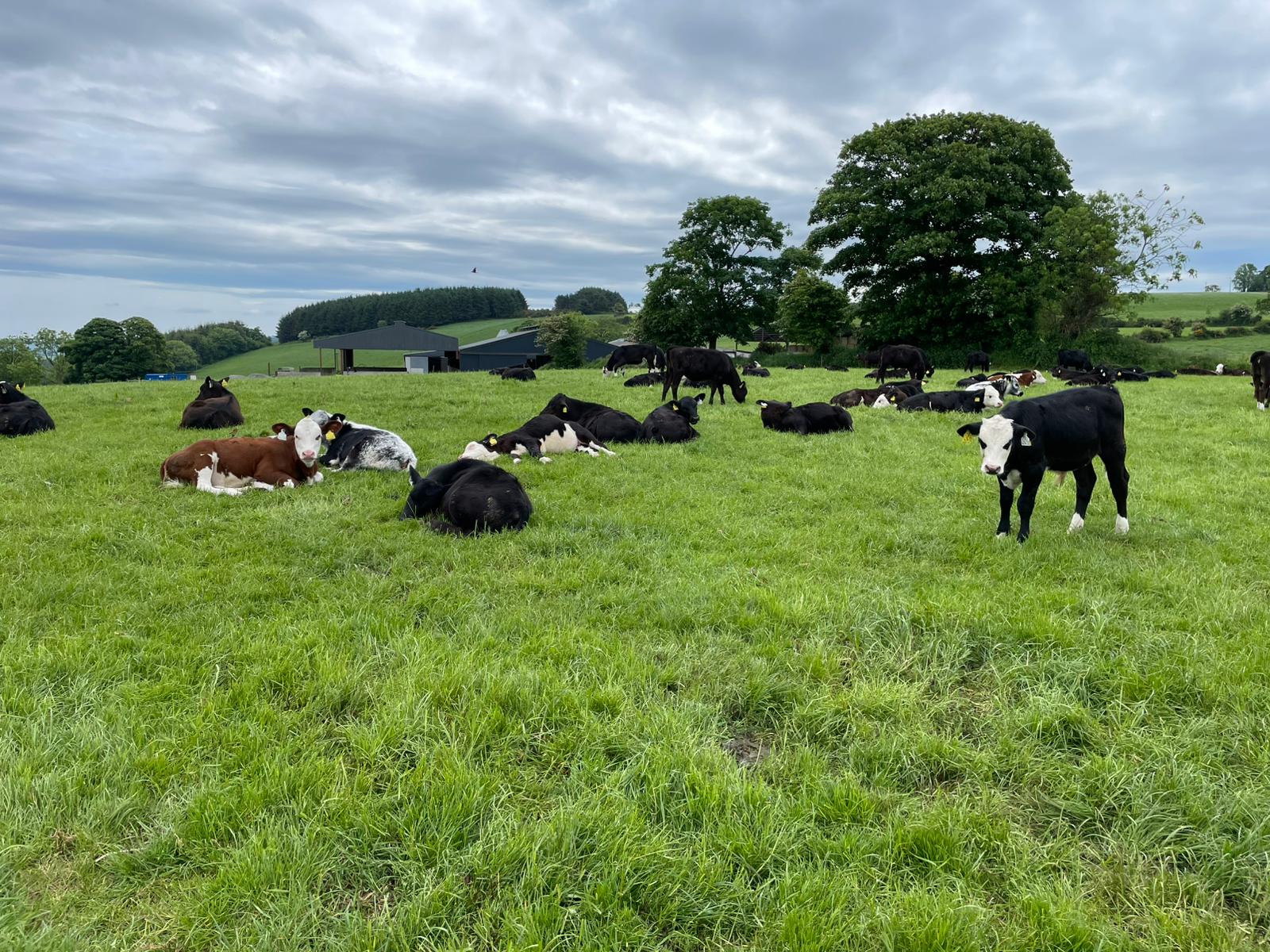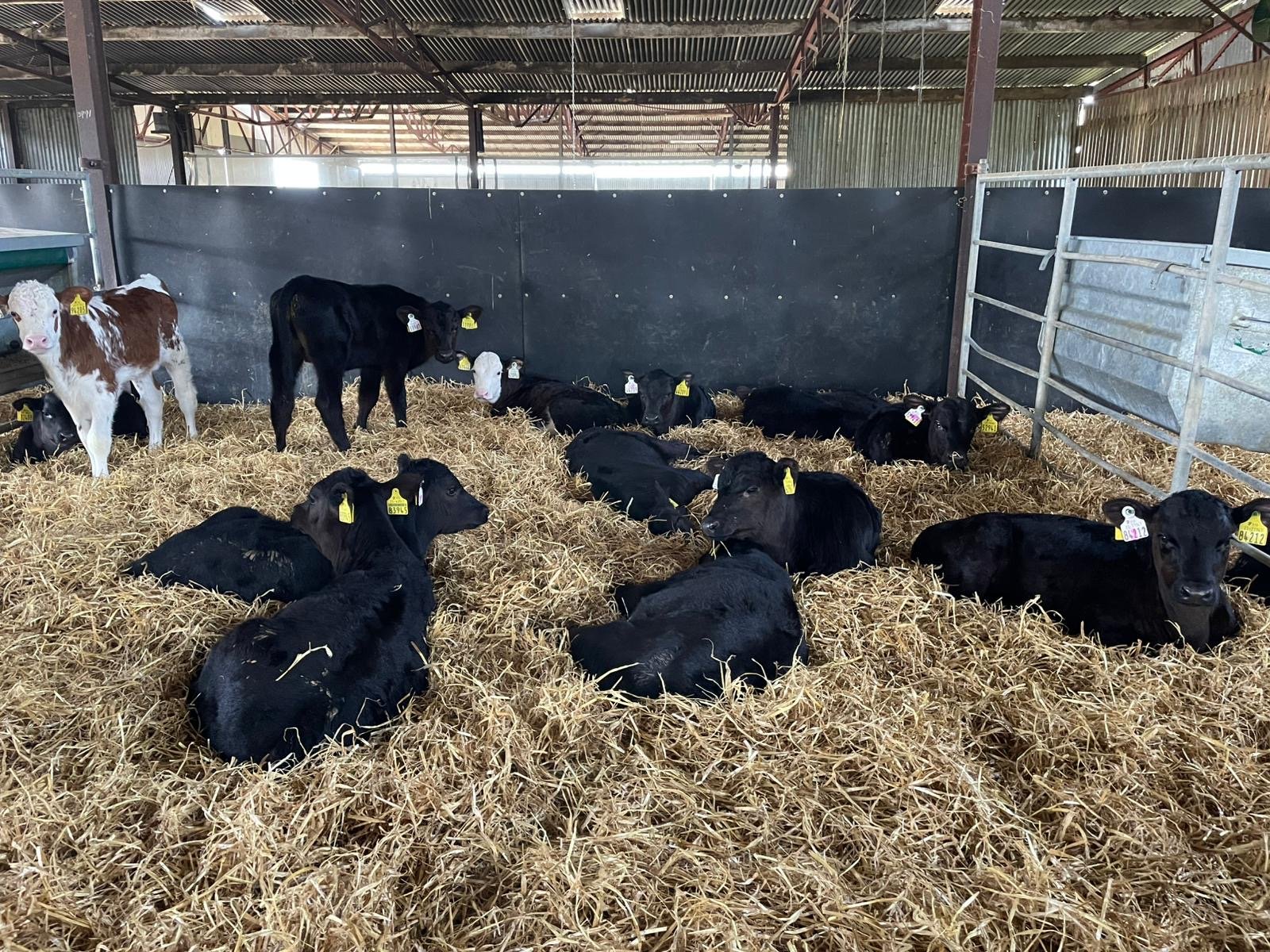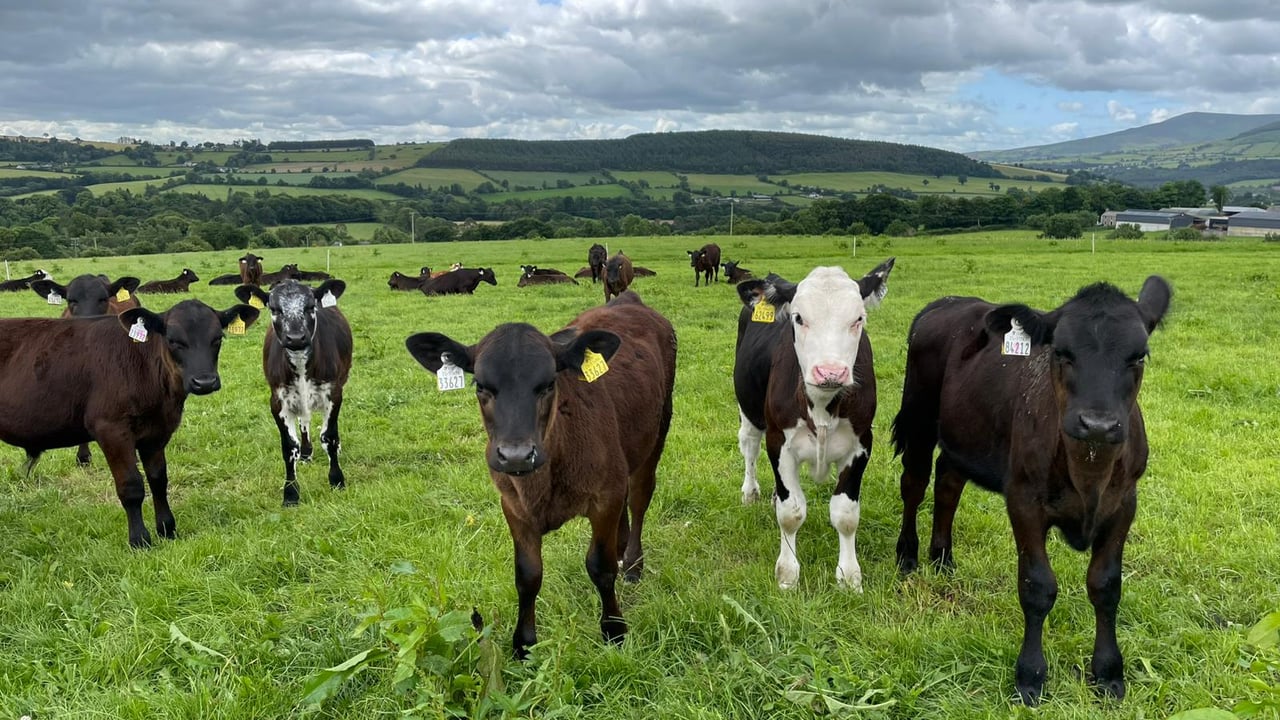Advantage Beef Programme

He noted that this year's calf-rearing season on the demo farm was very successful, with the more consistent temperatures and weather proving helpful for rearing calves.
He said: "Big swings in temperatures can be a significant stressor on calves, which can reduce calf performance."
Commenting on the main challenges encountered, Maher said: "They were the same issues as every other year but thankfully there were no major issues.
"We encountered similar problems as every other year. Small problems with scour, pneumonia, and occasional encounters with coccidiosis."

The mortality rate was below 1%, with three lost out of the 419 calves reared.
Milk replacer usage on a per calf basis was back slightly on the previous year, averaging 26kg milk powder/calf. Calf arrival and weaning weights were steady on other years.
The farm manager said calf performance on milk was good this year with calves doing an average daily liveweight gain of at 0.69kg/day on milk.
The table below details the average bull and heifer calf arrival weights, weaning weights and average number of days on milk:
| Male calves | Female calves | Average | |
|---|---|---|---|
| Arrival weight | 63kg | 59kg | 61kg |
| Weaning weight | 93kg | 91kg | 92kg |
| Days on milk | 43 | 47 | 45 |
A total of 340 of the calves are now at grass and the last 80 will be turned out in the coming week.
The average turnout weight for the calves to date has been averaging between 120kg and 130kg.

Maher explained: "We are keeping calves inside for at least 35 days post-weaning to make sure they’re adequately weaned and eating enough concentrates."
Last year, the ABP Demo Farm introduced a new post-weaning strategy that aims to reduce incidents of summer-scour syndrome.
All calves receive their first Infectious Bovine Rhinotracheitis (IBR) vaccination at turnout.
When calves go to grass, the aim is to avoid lush pastures and freshly fertilised fields in an effort to keep the risk of summer scour syndrome low.
Maher said: "We are monitoring dung samples and will be using a white drench as our first wormer as required.
"We are also trying to keep calves grazing fresh ground and not picking the same fields to help to reduce the worm burden on the calves."
All calves have received two pasturella pneumonia vaccines, two clostridials and two ringworm vaccines.
All calves are receiving 2kg/head/day concentrates and have access to straw in the paddocks.
